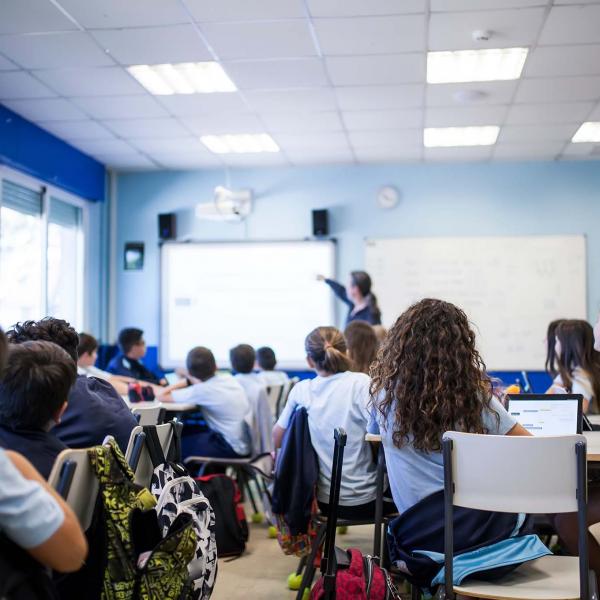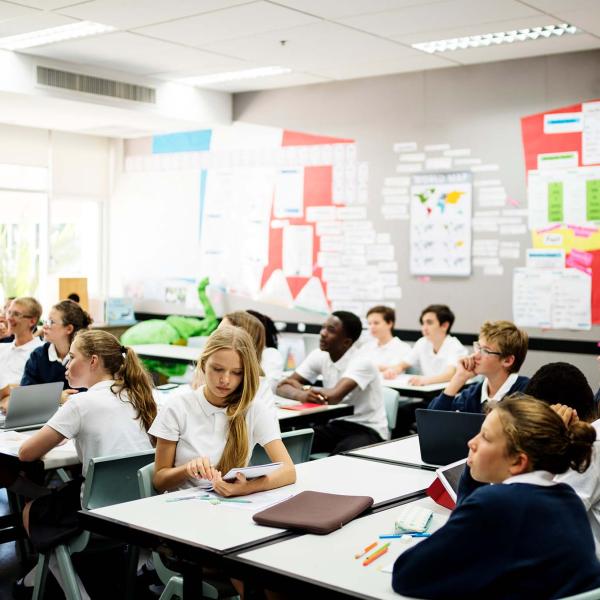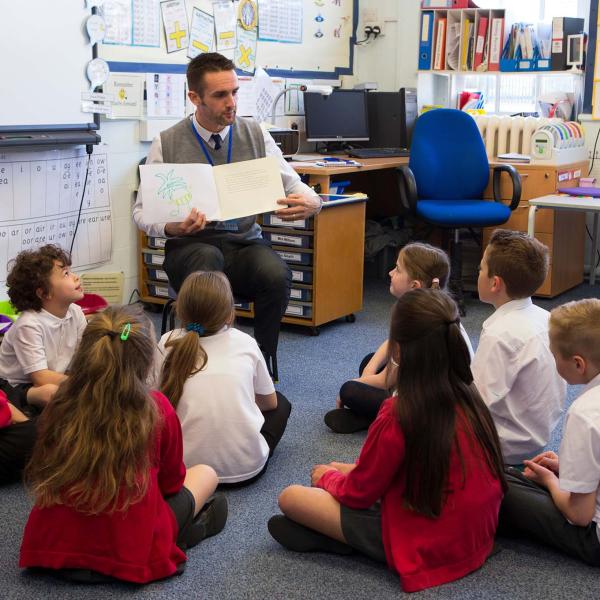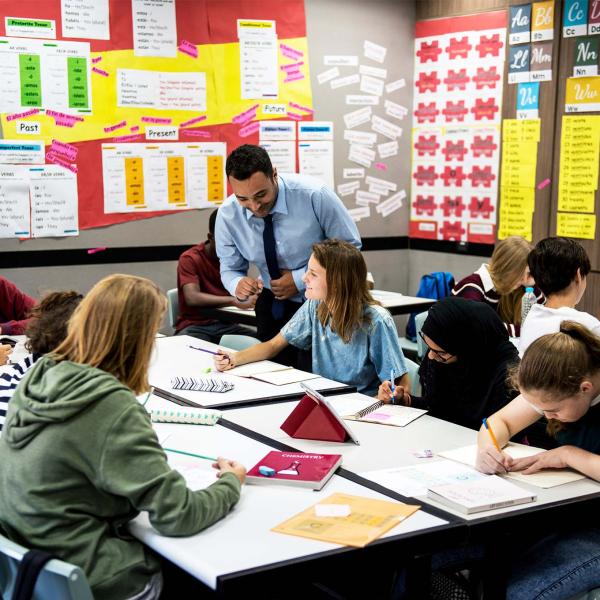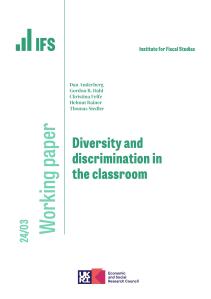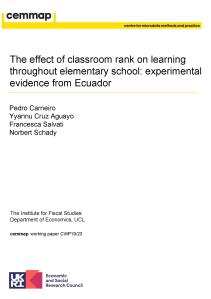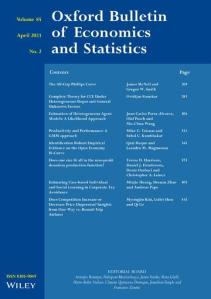"It is not acceptable for children's futures to be decided on the roll of a dice." So said shadow schools minister Nick Gibb, criticising the use of lotteries to allocate places in oversubscribed schools. Schools Secretary Ed Balls has stated that he would be concerned if lotteries were used "other than as a last resort", and announced that the practice is to be reviewed by the Schools Adjudicator, to ensure that it is "fair for children."
The natural question to ask is: 'fair' compared to what? Oversubscribed schools can't take in every pupil who applies, so the places must be allocated somehow - and all systems for doing so create winners and losers.
The most common allocation mechanism is the 'catchment area' - whereby pupils living closest to the school are first in line for scarce school places. This system naturally favours children born to better-off parents, who can afford those (more expensive) houses near a good school. We might say that this system allocates school places according to a different lottery - the lottery of birth.
These affluent parents lose out under a lottery system, because they can no longer guarantee a place for their child at the state school of their choice (by buying the 'right' house). The gainers from a lottery system are the less-affluent parents, who could not afford to live right next to the popular school. Where before their child would have had no chance whatsoever of getting into the oversubscribed school, they now have a real (albeit possibly small) chance of a place.
Beyond the issue of what is fair, it is worth emphasising that a child's prospects for success in life are unlikely to hinge entirely on the outcome of a school place lottery. In his best-selling book, 'Freakonomics', Steven Levitt quotes one of his research findings from a school lottery in the Chicago Public System. Levitt and his co-authors found that children who won a place at an oversubscribed school via the lottery did no better at school than children who lost the lottery.
This finding does not mean that schools are irrelevant to a child's success in life. Some schools are clearly better than others. It is just that the impact of attending a "good" school may be much smaller than the effect of having a parent who wants the best for their children.


